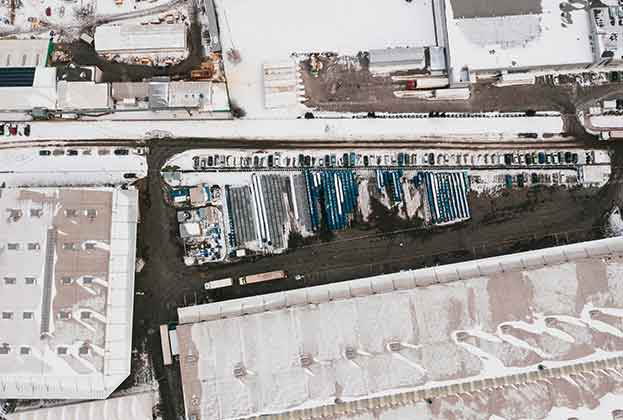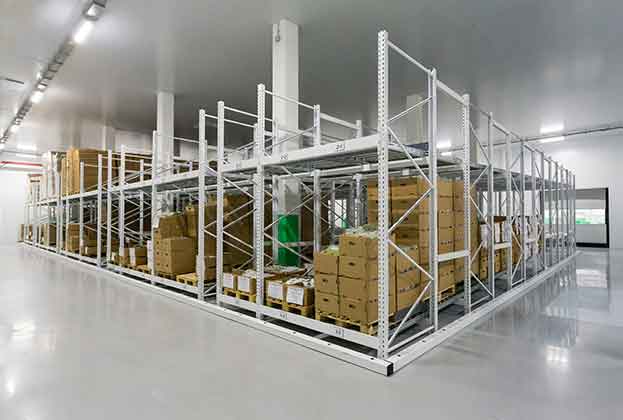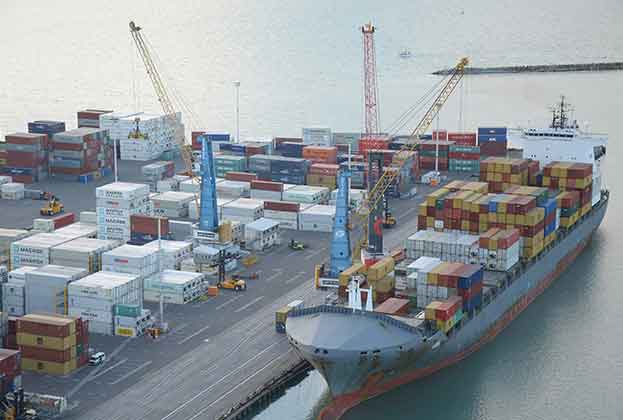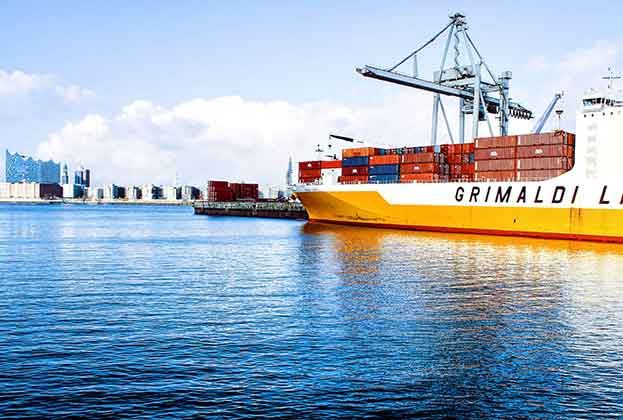Dark kitchens, often also known as 'cloud kitchens' or 'ghost kitchens', are rising in popularity in Europe, accelerated by changes in consumer behaviour.
Typically situated in industrial estates in ultra-urban locations, they offer cost-effective space to businesses that cater directly to online customers providing delivery-only takeaway meals. These commercial units are often a blank canvas, with basic equipment let on flexible terms, and attract a mix of occupiers from big name brands to local independent businesses.
While dark kitchens are yet to make a significant dent when it comes to take-up, we expect the number of such units to continue to rise. According to Statista, the size of the global cloud kitchen market was estimated at $56.71 billion in 2021 and is forecast to grow by almost 100 per cent by 2027 to $112.53 billon. Indeed, in 2020 it was estimated that there were 750 operational dark kitchens in the UK, yet in China there were over 10 times more, with in excess of 7,500 units.
So why is appetite for this space expected to grow across Europe?
Dark kitchens offer businesses a lower barrier to entry to providing takeaway meals, typically through lower set-up costs and a shorter time to launch. This model also allows businesses to react to customer demand and try out new concepts more easily.
While dark kitchens have historically been associated with being temporary, sub-standard space, new operators are changing this. Many of the leading providers of dark kitchen space offer high quality turn-key solutions, and additional support including logistics, cleaning and electronics to help manage operations and overheads. This is particularly attractive to occupiers in the face of increasing pressure of inflation in their supply chain and the rising cost of energy.
Sharing facilities allows companies to jointly use energy intensive equipment such as large refrigerators and in turn optimise their use. Co-locating also offers opportunities for occupiers to work collectively to reduce transportation emissions, by for example ordering supplies jointly or managing their deliveries through alternative methods such as bikes and e-scooters.
We are also seeing examples of smart kitchens using data to predict customer orders to allow them to precisely prepare, which in turn helps to reduce food waste.
Not so Dark, a French food tech start-up and operator of dark kitchens across Paris, Barcelona, Nice and Bordeaux, uses smart tech to identify fast-selling foods and optimise daily operations. Similarly, Curb, a Swedish start-up operating dark kitchens across Sweden and Denmark, which received €20 million in new funding in 2021, has been using data analytics to understand demand and creating brands to precisely target customer requirements.
There has been a flurry of investment into dark kitchen start-ups. Karma Kitchen, a leading British dark kitchen start-up, raised £235 million in a Series A funding round in 2020 to support its European expansion, significantly exceeding its initial target to raise £3 million.
Looking ahead, questions may arise as to whether demand for such space will continue to rise in the face of potential decreases in discretionary consumer spending. But the real question is, who doesn’t like a takeaway?
Further information
Contact Sarah Thorley or Bram De Rijk


.jpg)





.jpg)

.jpg)